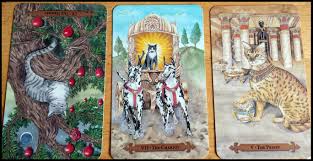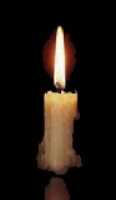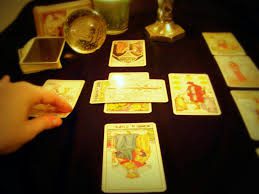Do you regularly set goals, and work to achieve them? Tarot can help you to set goals which are right for you: goals which you will work to achieve because they matter to your complete self, to your spirit as well as to your ego. What matters most to you? Take out...
Latest from the Blog
Tarot Reading similar with Telling Stories
Have you ever noticed how similar working with the Tarot is to storytelling? Perhaps you have looked at a Tarot card and let it pull you in and make you part of its story. Or maybe you have thought of the Major Arcana cards as scenes in a story. I have read Tarot...
How to use tarot cards for physic reading
The most importantly you need a deck that contains 78 distinct cards. Check all the cards and observe carefully all parts of each and every card. All brand of tarot cars decks are not suitable for initializing the tarot card reading. The Rider-Waite is a good brand...
What does the Hermit Card Mean in Tarot
The Hermit and the Inner Hermitage The hermit card on a first reading appears to be quite forward - a person at some distance on the spiritual path, removed from society, who now sheds his wisdom for any below who care to follow in his footsteps. So far, so good - if...
IX Hermit – Prophet of the Eternal
As the Sun enters Virgo, we cannot help but ponder our works, our purpose, our role with those all around us. The Hermit, representative of Virgo in the Major Arcana, is atypical of the energy we usually see of a hustle, bustle industrious type of personality in our...
Question 2 – Please tell me if my husband and I will be able to have a child
Question 2 ”Could you please tell me if my husband and I will be able to have a child? We both have children by previous marriages and have been trying for one of our own. Nothing seems to be happening.” (Debbie) There is no physical reason for your not conceiving. It...
Daily Tarot Spread for Work Guidance
Got work worries? Tarot helps you with work challenges, whatever they may be: completing projects on time, managing your relationships with clients and co-workers, and even asking for a raise. Your cards help you to expand your everyday mind, so that you can access...
Candle Wax Reading How Psychic Work in Different Ways
As a change from the Tarot, why not try reading candle wax messages? This is another example of how psychic communication can work in many different ways. In my article "Forget Tarot Cards – Read Trivial Pursuit Cards!", I mentioned that a member of the Psychic Club I...
Introduction to the Tarot for Beginners
Introduction If you're just starting out on the Tarot or even remotely interested, but have got no idea at all where to start, you're at the right place. Let me just first say that the Tarot is not 'instant' and it can definitely be overwhelming in your first couple...








